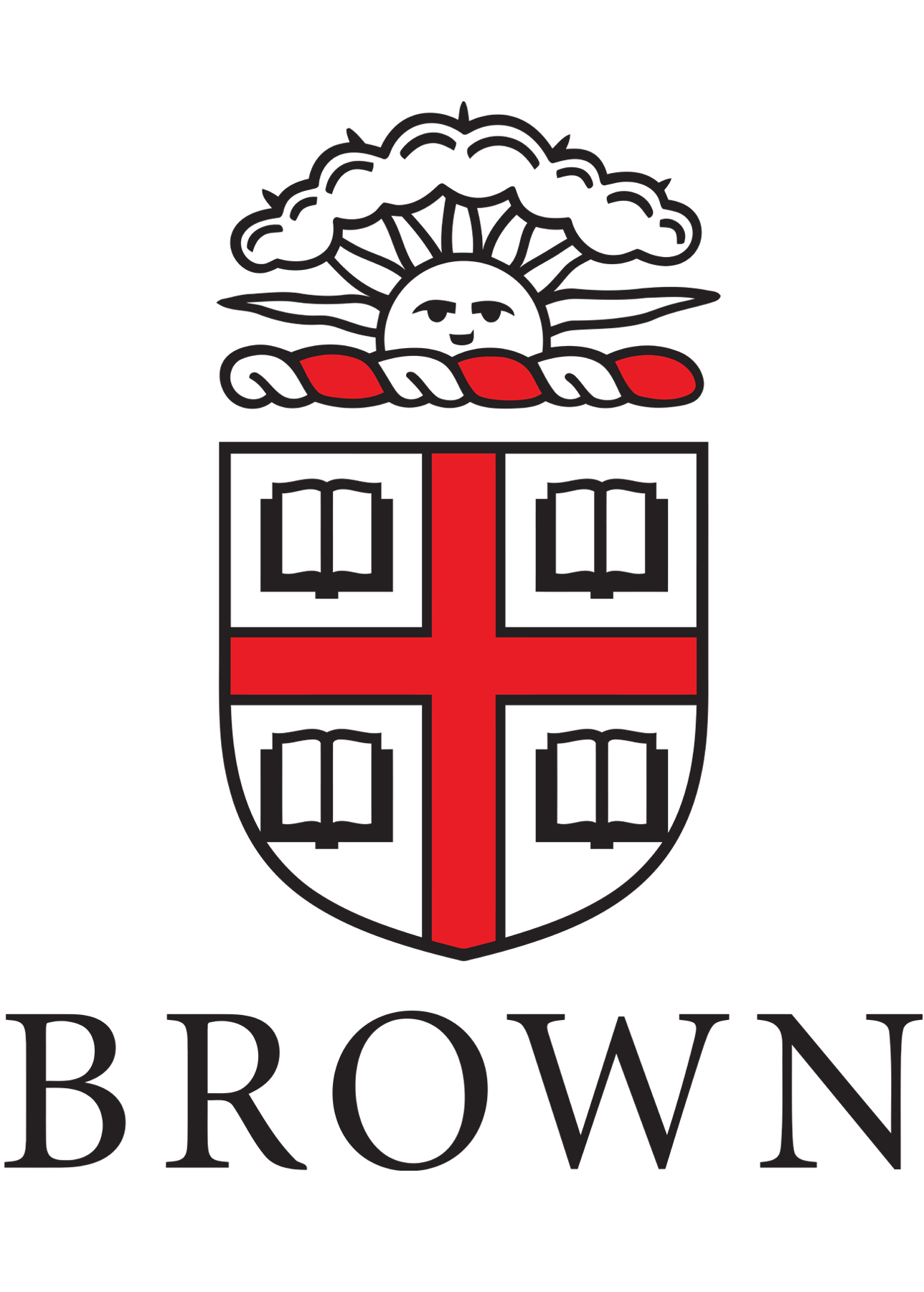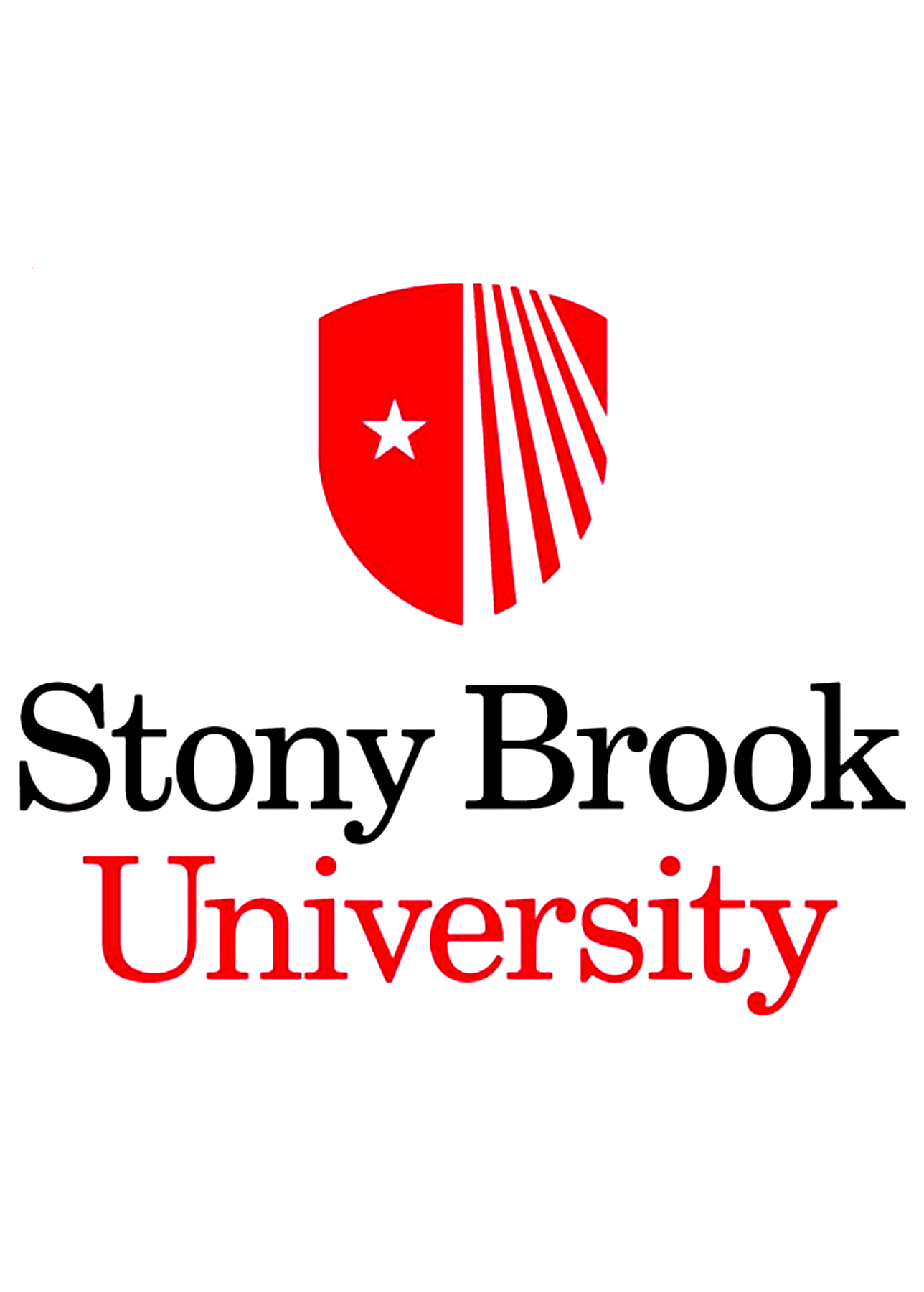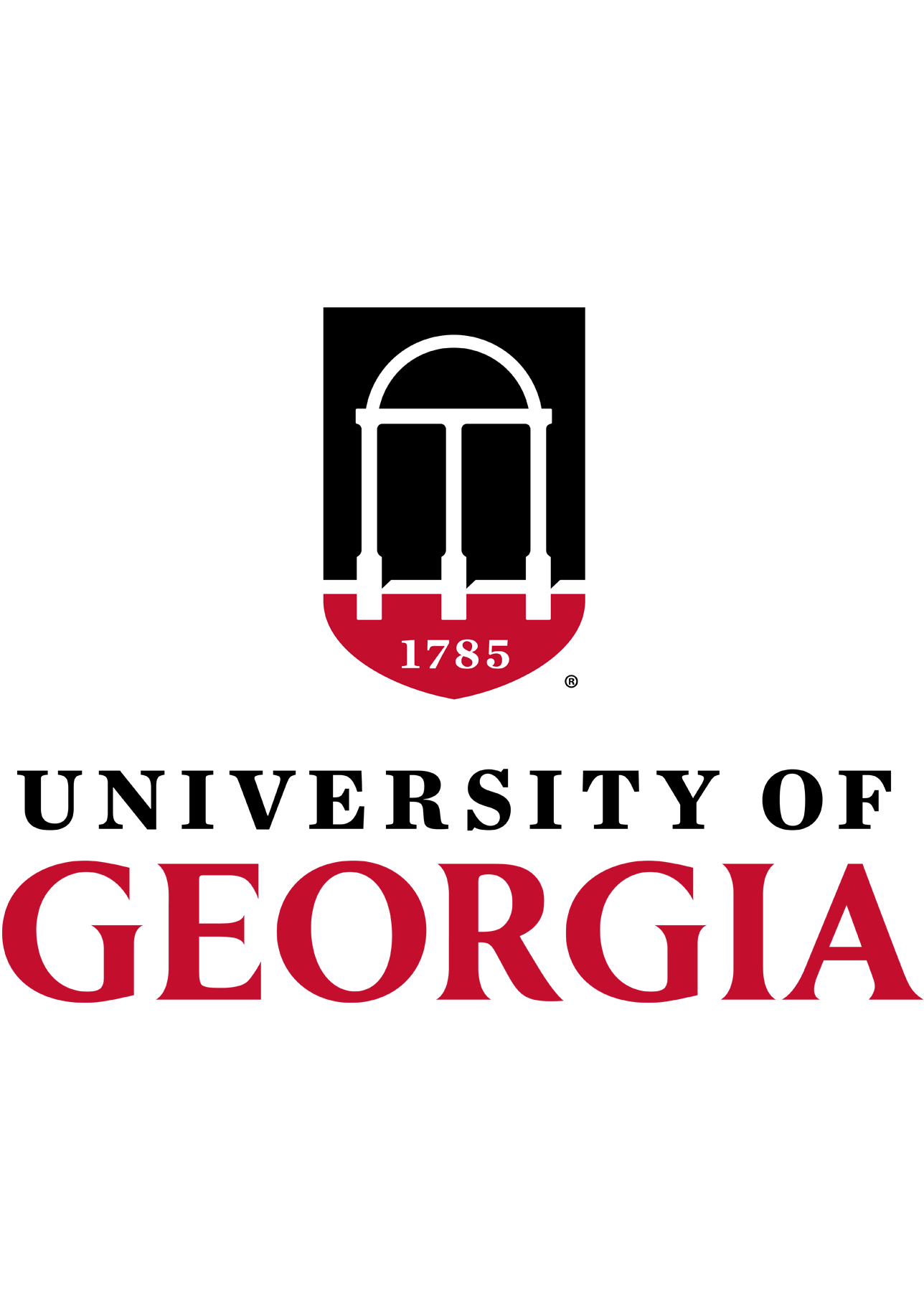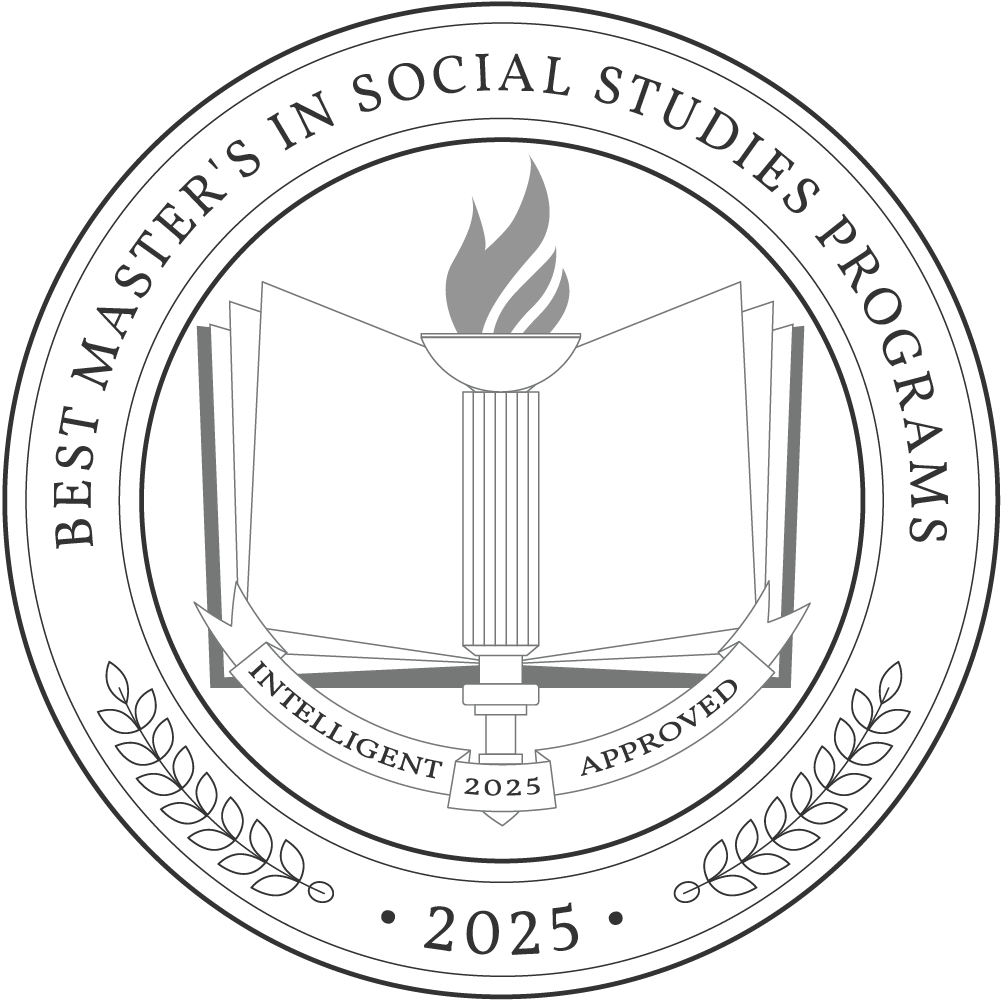A master’s degree in social studies prepares students for a diverse range of career opportunities in education, research, government, non-profit organizations, and more. Graduates may pursue roles as educators, curriculum developers, policy analysts, community organizers, or researchers. According to the U.S. Bureau of Labor Statistics, the median salary for postsecondary social studies educators is $89,350.
Completing a master’s degree in social studies takes approximately 18 months to two years of full-time study, with programs consisting of 30 to 45 credits. Part-time options may be available, extending the duration of the program. Tuition for these programs varies widely depending on factors such as institution type, residency status, and program format. Still, it is likely to be between $12,000 and $30,000, according to the National Center for Education Statistics.
Why Trust Us
The Intelligent.com Higher Education Team is dedicated to providing students with independent, equitable school and program rankings and well-researched resources. Our expert-driven articles cover topics related to online colleges and programs, paying for school, and career outlooks. We use data from the U.S. Department of Education’s College Scorecard, the National Center for Education Statistics, and other reputable educational and professional organizations. Our academic advisory team reviews content and verifies accuracy throughout the year for the most current information. Partnerships do not influence rankings or editorial decisions.
- Analyzed over 2,000 national, accredited, and nonprofit colleges and universities
- 800+ rankings pages are reviewed and updated yearly
- Content is informed by reputable sources, surveys, and interviews with academic advisors and other experts
- Over 100 data points are reviewed for accuracy and quality throughout the year, including sources
How we rank schools
Our list features the best Social Studies degree programs at top colleges nationwide. Each school featured is a nonprofit, accredited institution — either public or private — with a high standard of academic quality for post-secondary institutions.
We evaluated each school’s program on tuition costs, admission, retention and graduation rates, faculty, reputation, and the student resources provided for online students. We collected data from trusted sources like the National Center for Education Statistics, individual school and program websites, school admissions counselors, and other data sources. Then, we calculated the Intelligent Score on a scale of 0 to 100 based on the following criterion:
Academic Quality:
- Admission rate versus enrollment rate
- Retention rate of students who return after year one
- Accreditation status (regional and programmatic)
- Nonprofit status, both private and public institutions
Graduation Rate
- Overall graduation rate
- Total number of currently enrolled students, including diversity metrics
- Student-to-faculty ratio
Cost and ROI
- In-state and out-of-state per-credit tuition rates and fees
- Required credits to graduate
- Earning potential after graduation
- Availability of federal student loans, scholarships, and other financial aid options
Student Resources
- Available student services for online-only and hybrid programs
- On-campus amenities like tutoring centers and the number of libraries
Read more about our ranking methodology.
Best 13 Accredited Master's in Social Studies Degree Programs
FiltersInstitution Type
Status
- Intelligent Score
- Alphabetically By University Name
- Acceptance Rate
- Enrollment
- In-state Graduate Tuition
- Out-of-state Graduate Tuition
- In-state Undergraduate Tuition
- Out-of-state Undergraduate Tuition

University of Florida
Intelligent Score: 99.81In-state: $4,477
Out-of-state: $25,694
In-state: $10,770
Out-of-state: $10,770
SAT: 1290-1460
ACT: 29-33
Resident: $531
Non-Resident: $1,255
On-Campus
Southern Association of Colleges and Schools Commission on Colleges
36

Brown University
Intelligent Score: 99.61In-state: $59,254
Out-of-state: $59,254
In-state: $59,254
Out-of-state: $59,254
SAT: 1440-1560
ACT: 33-35
$2,144
On-Campus
New England Commission of Higher Education
32

New York University
Intelligent Score: 97.92In-state: $52,204
Out-of-state: $52,204
In-state: $34,704
Out-of-state: $34,704
SAT: 1370-1540
ACT: 31-34
$2,185
On-Campus
Middle States Commission on Higher Education
30

Boston University
Intelligent Score: 96.82In-state: $56,854
Out-of-state: $56,854
In-state: $56,854
Out-of-state: $56,854
SAT: 1310-1500
ACT: 30-34
$997
On-Campus
New England Commission of Higher Education
42

University of Illinois Urbana-Champaign
Intelligent Score: 95.06In-state: $14,317
Out-of-state: $33,824
In-state: $15,016
Out-of-state: $15,016
SAT: 1200-1460
ACT: 27-33
Resident: $878
Non-Resident: $1,897
On-Campus, Hybrid
Higher Learning Commission
32

Syracuse University
Intelligent Score: 93.72In-state: $53,432
Out-of-state: $53,432
In-state: $40,392
Out-of-state: $40,392
SAT: N/A
ACT: N/A
$1,872
On-Campus
Middle States Commission on Higher Education
35

CUNY Hunter College
Intelligent Score: 92.78In-state: $6,930
Out-of-state: $14,880
In-state: $11,090
Out-of-state: $11,090
SAT: 1170-1340
ACT: 25-31
Resident: $470
Non-Resident: $855
On-Campus
Middle States Commission on Higher Education
40-46

Stony Brook University
Intelligent Score: 92.62In-state: $7,070
Out-of-state: $24,740
In-state: $11,310
Out-of-state: $11,310
SAT: 1230-1440
ACT: 26-32
Resident: $471
Non-Resident: $1,020
On-Campus
Middle States Commission on Higher Education
44

Rutgers University–New Brunswick
Intelligent Score: 92.05In-state: $12,230
Out-of-state: $29,012
In-state: $17,736
Out-of-state: $17,736
SAT: 1180-1410
ACT: 25-32
Resident: $826
Non-Resident: $1,405
On-Campus
Middle States Commission on Higher Education
30

Teachers College, Columbia University
Intelligent Score: 90.11In-state: $57,864
Out-of-state: $57,864
In-state: $49,024
Out-of-state: $49,024
SAT: 1460-1570
ACT: 33-35
$2,049
On-Campus
Middle States Commission on Higher Education
32

University of Georgia
Intelligent Score: 89.36In-state: $9,790
Out-of-state: $28,830
In-state: $8,878
Out-of-state: $8,878
SAT: 1250-1460
ACT: 29-33
Resident: $417
Non-Resident: $1,082
On-Campus
Southern Association of Colleges and Schools Commission on Colleges
57

Queens College
Intelligent Score: 88.59In-state: $6,930
Out-of-state: $14,880
In-state: $11,090
Out-of-state: $11,090
SAT: 1170-1340
ACT: 25-31
Resident: $470
Non-Resident: $855
On-Campus
Middle States Commission on Higher Education
30

Lehman College
Intelligent Score: 88.50In-state: $23,915
Out-of-state: $31,865
In-state: $27,595
Out-of-state: $27,595
SAT: 960-1080
ACT: 18-21
Resident: $470
Non-Resident: $855
On-Campus
Middle States Commission on Higher Education
30-42
How to Choose a Master’s in Social Studies Degree Program
Choose your area of study
Selecting the right area of study is crucial as it determines the focus of your academic and professional pursuits. Consider your interests, career goals, and the specific disciplines within social studies that align with your passions. Reflect on whether you’re drawn to fields such as history, sociology, political science, or anthropology. Evaluate the curriculum of potential programs to ensure they offer coursework and specialization options that cater to your academic interests and career aspirations.
Research schools and programs
Thorough research of schools and programs is essential to identify reputable institutions that offer high-quality education in social studies. Explore factors such as accreditation, faculty expertise, curriculum, and the resources available to students, such as robust library holdings. Look for programs that align with your academic and career goals and offer opportunities for hands-on experience, internships, and networking. Consider factors like location, whether the program is online or on-campus, and reputation within the field.
Prepare for tests and applications
Research the specific requirements for each program, which may include standardized tests like the GRE, letters of recommendation, a statement of purpose, and transcripts. Allocate sufficient time to study for exams and gather application materials. If you are not confident in your test-taking skills, consider hiring a mentor or tutor to work with you. Seek guidance from professors or admissions counselors to ensure your application is polished and effectively showcases your strengths and qualifications.
Select your program
Give careful consideration to factors including the available curriculum, faculty expertise, program format, and career outcomes. Evaluate the academic offerings, specialization options, and opportunities for research or practical experience. Consider factors such as program reputation, alumni success, and faculty-to-student ratio. Alumni job placement rates may offer insights into how well graduates are prepared for the workforce. Assess logistical considerations like location, cost, and scheduling flexibility to ensure the program aligns with your needs and preferences.
Determine how you’ll pay for your degree
Determining how to finance your graduate education is a crucial step in the decision-making process. Begin the process by filling out the Free Application for Federal Student Aid (FAFSA). Explore financial aid options such as scholarships, grants, fellowships, and assistantships offered by the institution or external organizations. Consider the cost of tuition, fees, books, and living expenses when creating a budget. If you are already in the workforce, determine if there are financial resources available from your employer. Research opportunities for work-study programs, part-time employment, or employer tuition assistance.
What Can You Expect From a Master’s in Social Studies Program?
A master’s degree in social studies equips students with advanced knowledge and skills in disciplines including history, sociology, political science, anthropology, and geography. Students can expect to delve into topics such as social theory, cultural diversity, globalization, social justice, and research methodologies. The curriculum typically includes coursework that explores contemporary social issues, historical contexts, and theoretical frameworks to understand human behavior and societal structures.
The duration of a master’s in social studies program varies depending on factors such as program format (full-time or part-time) and credit requirements. Full-time students can typically complete the program in 18 months to two years. Part-time options may be available for students balancing other commitments.In addition to coursework, some programs may require students to complete a thesis, capstone project, or comprehensive exams. Practical experiences such as internships, fieldwork, or research opportunities may also be integrated into the curriculum. Prospective students may consider other requirements or opportunities offered by specific programs, such as study abroad experiences, community engagement projects, or collaborative research initiatives.
Potential courses you’ll take in a master’s in social studies degree program
- Research Methods in Social Studies. This course introduces students to research methodologies used in social science research, including quantitative, qualitative, and mixed-methods approaches. Students learn to design research studies, collect and analyze data, and evaluate research findings to address social issues and advance knowledge in the field.
- Contemporary Social Issues. Explores current social problems and challenges from a multidisciplinary perspective, examining their causes, consequences, and potential solutions. Topics may include poverty, inequality, globalization, environmental sustainability, human rights, and social justice. Students engage in critical discussions, analyze case studies, and develop strategies for addressing complex social issues in diverse contexts.
- Social Theory. This course provides an overview of foundational social theories and concepts that shape our understanding of society and human behavior. Students examine classical and contemporary theories, such as structural functionalism, conflict theory, and postmodernism, and explore their relevance to contemporary social issues and research.
- Cultural Diversity and Globalization. This course explores the intersections of culture, identity, and globalization in an interconnected world. Students examine the cultural dimensions of globalization, including cultural exchange, migration, media, and technology, and analyze its impacts on societies and individuals. Discussions may also explore issues of cultural diversity, cultural identity, and intercultural communication.
- Policy Analysis and Advocacy. This course focuses on understanding and evaluating social policies and advocating for social change. Students learn to analyze policy issues, assess policy alternatives, and develop advocacy strategies to address social problems and promote social justice. Topics may include policy formulation, implementation, and evaluation, as well as strategies for effective advocacy and community organizing.
Master’s in Social Study Degree Frequently Asked Questions
How do I apply to a master's in social study degree program?
Prospective students should start by reviewing the specific admission requirements outlined by the program. Typically, this includes submitting an application form, transcripts from previous academic institutions, letters of recommendation, a statement of purpose outlining their academic and professional goals, and sometimes standardized test scores such as the GRE. It’s important for applicants to carefully follow instructions and ensure all required documents are submitted by the deadline. Reaching out to an admissions counselor or program coordinator can provide valuable insights into the application process, program expectations, and any additional requirements or opportunities that may be available.
How much does a master's in social studies degree cost?
The cost of a master’s degree in social studies varies depending on factors such as the institution, program format, and residency status. According to the National Center for Education Statistics, tuition for graduate programs in social studies ranges from $12,000 to $30,000 per year. Students should consider other expenses such as textbooks, technology fees, and living expenses if attending an on-campus program.
How long does it take to earn a master's in social studies degree?
The time to complete a master’s degree in social studies varies based on factors like program format and enrollment status. Typically, full-time students can complete the program in 18 months to two years for a program requiring around 30 to 36 credits. However, part-time enrollment may extend the duration to two and a half to three years or more. Online programs may offer flexibility in scheduling, allowing students to progress at their own pace. The number of required credits and the student’s ability to transfer credits from previous coursework may also impact the program length.

